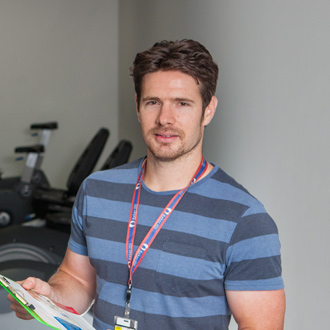Dr Paddy Dempsey

Affiliate: Physical Activity
Dr Dempsey is a multidisciplinary medical research scientist, with groundings in human physiology, exercise science and medicine/public health. He is currently a National Health & Medical Research Council (NHMRC) of Australia Research Fellow based at the Baker-Deakin Department of Lifestyle and Diabetes — a collaborative partnership between the Baker Heart and Diabetes Institute and Deakin University.

